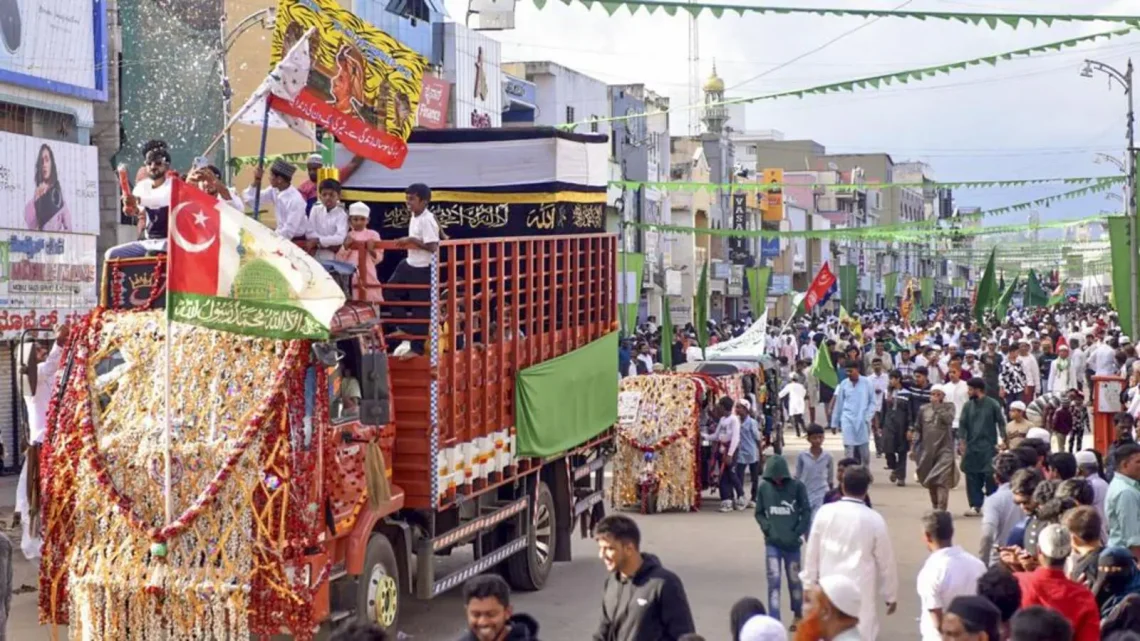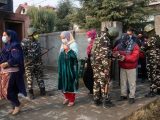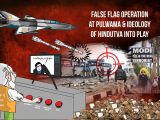
Tensions Rise in India Over Eid Milad Celebration
September 18, 2024In Karnataka, India, tensions flared as the Vishwa Hindu Parishad (VHP) mobilized to prevent Muslims from celebrating the Eid Milad festival. This incident unfolded in Nagamangala, Mandya district, leading to a significant escalation of communal strife.
Authorities revoked the permit for the traditional Eid Milad procession along B C Road. This decision followed a call by VHP leader Sharan Pumpwell, who sought to impose restrictions on the festival. The revocation has raised alarm among local Muslim communities.
The situation intensified when police detained local Muslim leader Mohammad Sharif and several companions. This action led to the registration of a case against them, further aggravating tensions between the two religious groups.
Hindu groups are now more resolute in their stance, openly declaring their intention to thwart any Muslim festivals. This growing hostility raises concerns about potential communal clashes in the region.
The environment in Mangaluru remains charged, with fears of escalating violence and a significant impact on religious freedom. The implications of this conflict extend beyond just the immediate area, potentially affecting broader communal relations in Karnataka.
As both sides stand firm, community leaders are calling for dialogue to ease tensions. However, the current landscape suggests that reconciliation efforts may face significant obstacles.
Local authorities must navigate these challenges delicately to prevent further escalation. The situation calls for a balanced approach that respects both religious rights and community peace.
The unrest reflects a deeper struggle over cultural identity and coexistence in Karnataka. With both Hindus and Muslims firmly entrenched in their positions, the road to resolution appears fraught with difficulty.
The larger context of rising communal tensions in India adds urgency to this situation. Past incidents of violence have left scars, making the community wary of any actions that might ignite conflict.
Observers note that fostering understanding and dialogue is crucial for harmony. However, the entrenched attitudes among certain factions hinder efforts towards peaceful coexistence.
As the situation develops, the hope remains that leaders from both sides can engage constructively. Yet, with emotions running high, the prospect of achieving lasting peace seems uncertain.
Moving forward, the focus must shift to building trust and understanding among communities. This incident serves as a stark reminder of the fragility of communal harmony in contemporary India.

